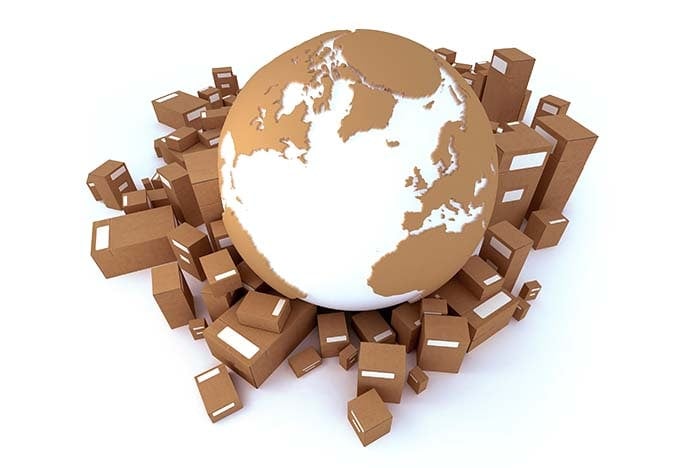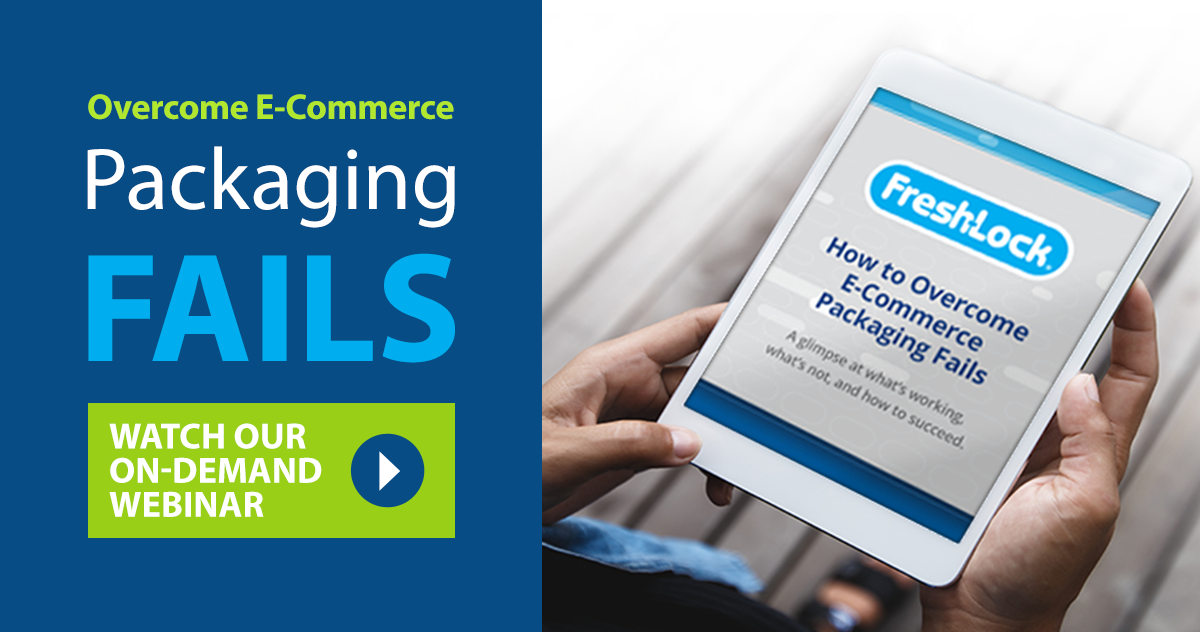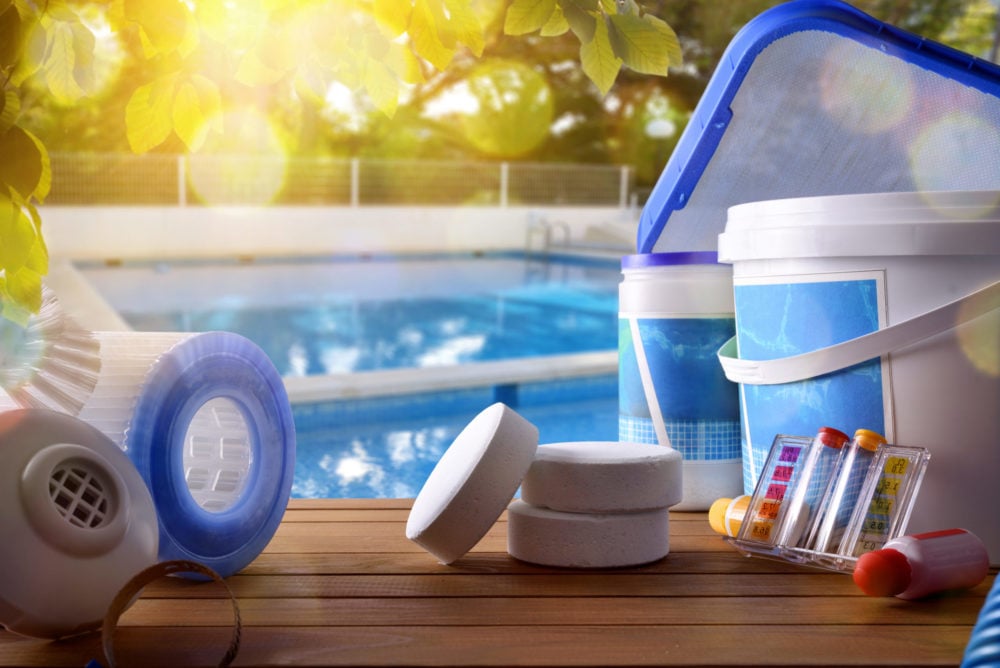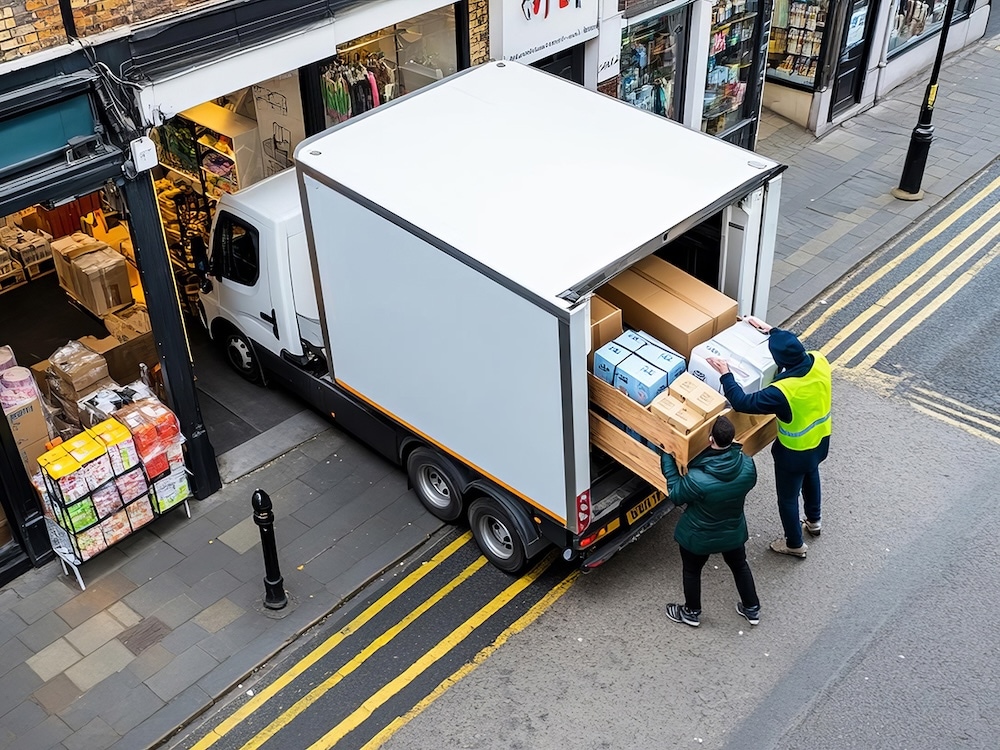
E-Commerce Packaging: Balancing Sustainability and Product Protection
The number of people converting to online shoppers is rising steeply as people uncover the convenience of purchasing whatever, whenever, wherever. However, as this number grows, so does the amount of frustration associated with package and product waste.
Many products are not designed to survive the demanding e-commerce supply chain, which has more touchpoints than the traditional purchase model. Products are arriving to consumers’ doorsteps damaged at an alarming rate, creating waste that is harmful to the planet. The waste associated with e-commerce needs to be addressed quickly with the rapid growth of online shopping.
Unboxing the Situation
Today, 20 percent of e-commerce product returns occur because the product arrives damaged. Products, once produced to fit perfectly on the retail shelf, are being tossed around as they are shipped as individual units rather than palletized sets.
The issue is that the primary package was not designed for e-commerce transportation. As a result, products are breaking and leaking. This leads online retailers to use extreme amounts of protective packaging (bubble wrap, air pillows, tape, bags) to keep products safe in transportation.
Unfortunately, these extra measures of protection aren’t solving the problem – and, excess materials are adding to even more waste. Products are still being damaged, resulting in returns and unforgiving product and food waste. Read more about how reclosable flexible packaging helps to address food waste issues in a previous blog post.
When products are damaged in shipping, it’s not just the product that’s wasted. “It’s the energy used to grow, harvest, process, package, preserve, and store food,” shared Fresh-Lock’s Senior Manager of Market Development Todd Meussling in an article featured in Food Logistics.
“If a product is returned because it was damaged during its commute to the consumer, you’ve wasted not only the energy used to create the original product, but also the resources necessary to return the damaged goods, and then produce, package, and ship the replacement. Both scenarios greatly impact an organization’s carbon footprint, as well as brand image,” he adds.
Consumers expect products to arrive intact and packaged efficiently. However, this isn’t happening. Shoppers are sharing their opinions and the numbers speak for themselves:
- 68 percent of Americans are more conscious of packaging materials and design today than they were five years ago
- 31 percent of Americans complain that packaging creates a mess in their home
- 47 percent feel that extra packaging is wasteful
Source: Sustainable Brands
Read more about what happens when an e-commerce product arrives damaged in a recent blog.
Solving the Primary Problem
As more products are shipped via e-commerce, brands should consider the root of the problem and how it relates to the overall consumer experience. Addressing primary packaging can solve sustainability issues associated with e-commerce.
“Creating a sustainable package is not necessarily about avoiding the use of packaging materials like plastics,” shares Meussling. “Rather, it’s about the proper and efficient design, production, use, and recovery of those plastics so waste can be eliminated.”
A package that’s been engineered and tested for e-commerce will use less protective packaging that simply ends up in landfills. Additionally, it will eliminate waste of damaged products, the need for replacement products, and additional transportation.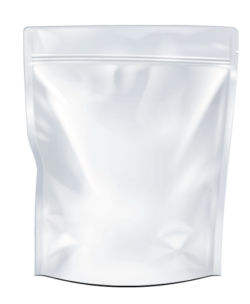
Reclosable flexible pouches can flex and move in shipments, causing less product damage and waste compared to rigid tubs or cardboard boxes that crush and crack. In a 2018 Sustainability Report, the Flexible Packaging Association shares:
“Flexible packaging offers product protection, keeping products together and reducing spoilage. Additionally, the ability of flexibles to reduce denting/breakage without spilling contents makes them attractive for e-commerce shipping.”
By utilizing reclosable flexible packaging for e-commerce, brands are likely to uncover total life cycle sustainability benefits as well:
- Reduced materials to landfill: flexibles are light compared to other package formats, even with no recycling of multi-material films, they still have less material sent to landfill compared to other formats.
- Product to package ratio: flexible packaging almost always has a higher product-to-package ratio than other packaging formats.
- Transportation: flexible materials are usually shipped either flat or on a roll (like paper towel). This allows many packages to be shipped on a truck, reducing the number of trucks needed for inbound materials compared to rigid packaging.
Source: Flexible Packaging Association, 2018 Sustainability Report
A zipper or slider can also be added to the package’s top to slow the food degradation process that causes food to be tossed too soon. Closures on flexible packages improve the overall consumer experience, including product storage, ease of opening and closing, and better portability while creating a smarter e-commerce package.
Some closures are designed using less material, however, a closure is a crucial point of contact that a consumer has with a brand. Brands can make a more memorable experience by using specialty zippers and sliders that enhance usage.
Read about different closure options for flexible packaging in our blog.
Let’s Get Smarter About E-Commerce Packaging
Now is the time – brands, manufacturers, and suppliers – need to consider the entire packages’ lifecycle, from creation and distribution to usage and disposal. Ineffective e-commerce packaging gets destroyed in shipping creating bigger issues than just an unsatisfied shopper. It contributes to food waste, but also wastes the resources used to produce and transport both the product and the packaging. Not to mention, brands encounter chargebacks from online retailers like Amazon due to damaged goods.
Eliminating packaging is not the only way to a sustainable e-commerce process. The goal is to create a consumer-friendly package that survives the first time, requires less wasteful protective packaging, and slows the food degradation process – all while being a positive reflection of your brand.
If blending sustainable e-commerce packaging with premium, easy-to-use reclosable flexible packaging is your brand’s goal, let’s talk. The team at Fresh-Lock® will work alongside your other suppliers to help you create a package that is a win for the environment and your brand.
Want more on packaging for e-commerce? We’ve got you covered:
Our on-demand, free webinar helps explain how to overcome common e-commerce packaging fails.
Flexible Packaging and E-Commerce | The Connection and Considerations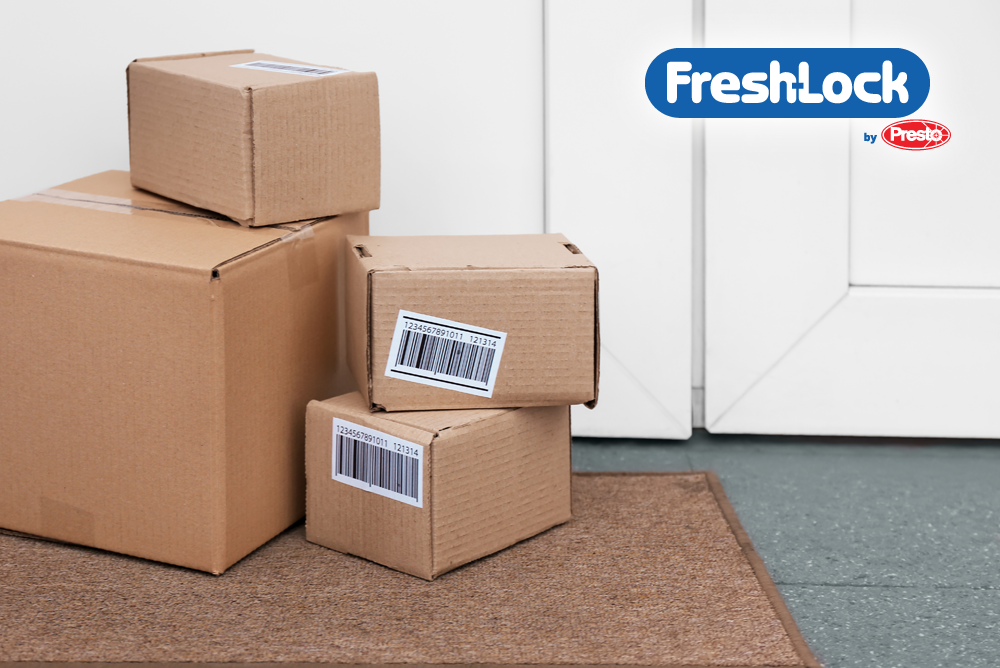
E-Commerce and Your Product Packaging | The Final Moment of Truth
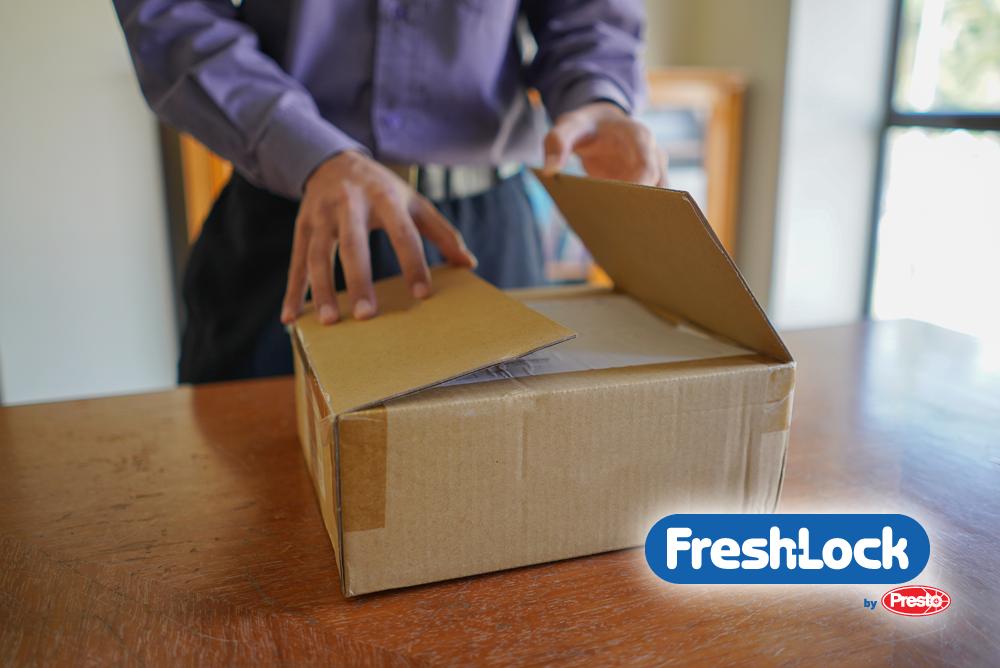

 Back to Blog
Back to Blog